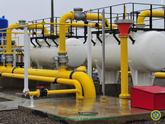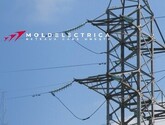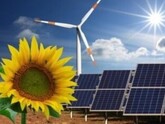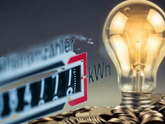
The maximum compensation amount for the 2025-2026 cold season is planned to be reduced from 1,400 lei to 1,000 lei, and the minimum from 800 to 500 lei
This is stipulated by draft amendments to the regulation on the provision of energy compensation in the form of cash payments, which were discussed at a meeting at the State Chancellery late last week. The draft also contains amendments and additions to the energy cost standards for the cold season and the minimum household expenditure level for calculating energy compensation in the form of cash payments. According to the draft, cash compensation will not be provided if the estimated average monthly energy cost, calculated based on historical consumption for the previous season, exceeds the equivalent of 350 cubic meters of gas at the regulated price approved by ANRE on October 1, 2025. Until now, this limit was 450 cubic meters of gas. In addition to reducing the minimum and maximum compensation amounts, it is planned to reduce the compensation percentage for residential consumers whose main heating sources are solid fuel and natural gas from 30% to 20%, and for residential consumers who use heat or electricity as their main heating source, the compensation percentage is planned to be reduced by 5%. According to the draft, if the calculated compensation from November 2025 to March 2026 is 250 lei or more, but does not reach 500 lei, the compensation will be 500 lei, and if the calculated amount does not reach 250 lei, no compensation will be provided. At the same time, the minimum level of expenses for urban households will increase by 300 lei, and for rural ones - by 250 lei. Another innovation that is proposed to be introduced is to limit access to energy compensation in the form of a cash payment for households whose members received income in the form of interest on bank deposits in the amount of more than 4,000 lei in 2024. The proposed amendments aim to ensure a fair distribution of compensation by channeling resources to the most vulnerable segments of the population to reduce social inequality. The explanatory note to the draft states that the projected budget for compensation payments in 2025-2026 will amount to approximately 2.36 billion lei. The draft is subject to government approval.// 24.11.2025 — InfoMarket.







